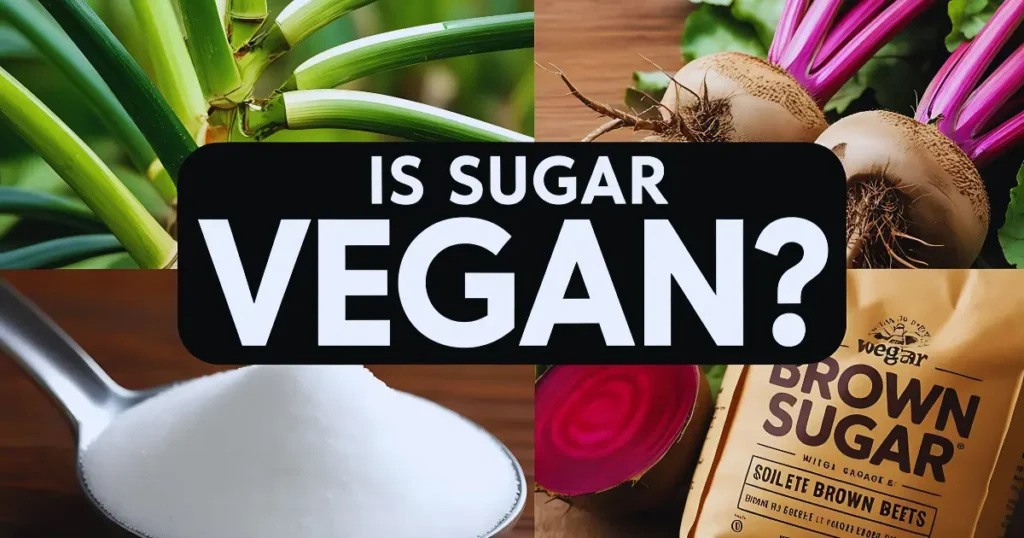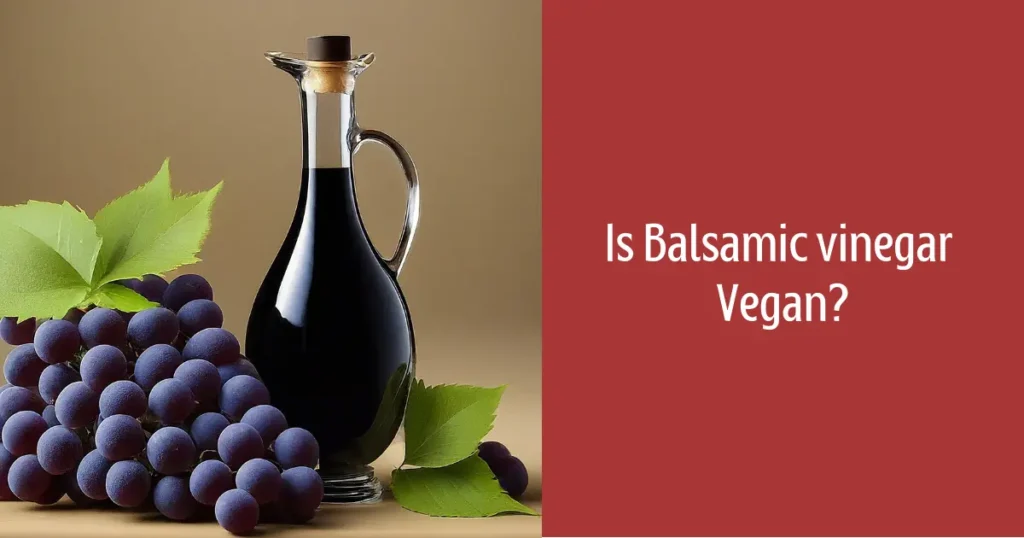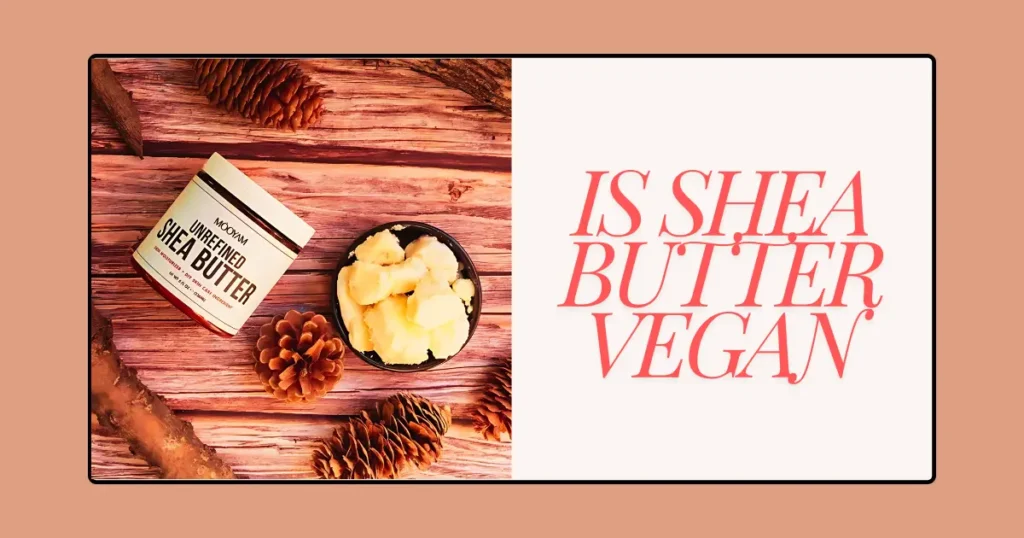Picture this: you’re in the grocery store, picking out ingredients for a vegan dessert. You grab a bag of sugar, assuming it’s safe because, after all, it comes from plants. But as you read more about vegan diets, you come across an unexpected question: Is sugar vegan? Although it may seem like sugar, being plant-based, would naturally be vegan, the truth is more complicated. Some sugar is vegan, while other types are not, depending on how it is processed. To understand this better, let’s take a closer look at what sugar is, how it’s made, and what makes some sugar non-vegan.
What is Sugar?
Sugar comes from two main sources: sugarcane and sugar beets. Both plants produce a natural sweetener that is extracted and refined to become the sugar we use in food and drinks. The process begins by crushing the plants to extract their juice, which is then boiled to form sugar crystals. These crystals are further processed to create different types of sugar.
While this process sounds simple, not all sugar is refined the same way. The method used in the final step of processing plays a big role in determining whether the sugar is vegan.
Types of Sugar and Their Variants
There are several types of sugar commonly used in the kitchen, each with a slightly different texture, color, or flavor. However, not all of them are automatically vegan. Let’s explore a few common types and how their processing affects their vegan status.
White Sugar
This is the most common form of sugar, especially in baking. White sugar is processed to be pure and white, which often involves filtering through bone char—a substance made from animal bones. Because of this, white sugar derived from cane sugar is not always vegan. However, beet sugar, which is also white, is always vegan because it is not processed with bone char.
Brown Sugar
Brown sugar is simply white sugar with molasses added back in for color and flavor. Since brown sugar starts as white sugar, its vegan status depends on how the white sugar was processed. If the white sugar used is filtered through bone char, the resulting brown sugar is not vegan. On the other hand, brown sugar made from beet sugar or labeled as vegan is safe for a vegan diet.
Cane Sugar
This sugar comes from sugarcane and is one of the most common sugars in the USA. As mentioned, cane sugar may be processed with bone char, making it non-vegan unless it’s organic or specifically labeled as vegan. Organic cane sugar skips the bone char process, making it a good choice for vegans.
Beet Sugar
Beet sugar, unlike cane sugar, is never processed with bone char, meaning it is always vegan. In terms of taste and appearance, beet sugar is identical to cane sugar, so it can be used in the same way without concern.
Other Types of Sugar
There are also less common types of sugar, such as raw sugar, turbinado sugar, coconut sugar, and date sugar. These types are typically unrefined or minimally processed, meaning they don’t go through a bone char filtration process. As a result, these sugars are usually vegan-friendly.
Is Sugar Vegan?
Sugar is vegan when it is processed without the use of animal products. For example, beet sugar is always vegan, as no animal byproducts are used in its production. Additionally, organic cane sugar and sugar specifically labeled as vegan are safe choices, as they are processed without bone char. On the other hand, sugar is not vegan when it has been processed using bone char, which is the case with many types of refined white and brown cane sugar. Therefore, it’s important to check the source and processing methods of your sugar to ensure it aligns with a vegan lifestyle.
What Makes Sugar Non-Vegan?
To begin with, sugar comes primarily from two sources: sugarcane and sugar beets. While the raw form of these plants is vegan, the refining process for cane sugar sometimes involves the use of bone char—a substance made from the bones of cattle. Bone char is used to filter and whiten sugar, which removes impurities but also raises ethical concerns for vegans.
Because bone char is derived from animals, any sugar processed using it is not considered vegan. This practice is more common with cane sugar, while beet sugar is refined differently and never uses bone char, making it always vegan. Thus, the type of sugar you choose matters when following a vegan lifestyle.
Alternatives to Refined Sugar
For those looking to avoid refined sugar altogether, there are plenty of alternatives that are naturally vegan. These include:
- Maple Syrup: A natural sweetener derived from maple trees, maple syrup is a great alternative to refined sugar and is naturally vegan.
- Agave Nectar: Made from the agave plant, this sweetener is vegan and commonly used in baking or as a sugar substitute.
- Stevia: Derived from the stevia plant, this sweetener is another plant-based alternative that works well for vegans.
- Coconut Sugar: Made from the sap of coconut palms, coconut sugar is minimally processed and a vegan-friendly option.
Vegan Sugar Brands
For those who prefer to stick with sugar but want to ensure it’s vegan, there are several brands in the USA that offer vegan-friendly options. Some popular brands include:
- Wholesome Sweeteners: Offers a variety of certified vegan sugars, including organic cane sugar, coconut sugar, and powdered sugar.
- Florida Crystals: Known for its organic and sustainably sourced cane sugars, it is a reliable vegan choice.
- Trader Joe’s Organic Sugar: An affordable, certified organic, and vegan-friendly sugar.
- Zulka Pure Cane Sugar: Non-GMO and minimally processed cane sugar, naturally vegan.
- 365 by Whole Foods Market: Their organic cane sugar is vegan and available at Whole Foods.
- In the Raw: Known for raw sugar products, including turbinado and organic cane sugar, both vegan.
- Big Tree Farms: Specializes in coconut sugar, a vegan alternative to traditional cane sugar.
- Redpath: A Canadian brand offering raw and unrefined cane sugars, which are vegan-friendly.
- Now Foods: Provides beet sugar, which is naturally vegan since it doesn’t involve bone char in processing.
While sugar may seem like a simple ingredient, its production process can make a big difference when it comes to vegan choices. Whether you’re buying white sugar, brown sugar, or an alternative sweetener, it’s important to understand how it’s processed. By paying attention to labels and choosing certified vegan products, you can ensure that your sugar aligns with your values.




